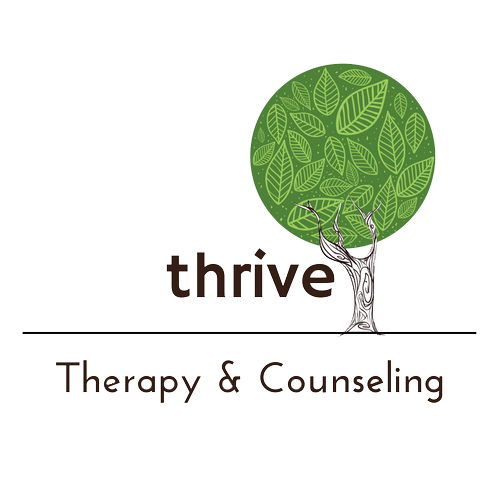When you can’t find your way
I have a recurring dream about trying to reach a destination and struggling to get there. Sometimes this dream happens in a massive, fun-house-like hotel with levels that don’t connect, moving staircases, and elevators that shoot off into other places. Other times it happens in a vacation area. I’m on the beach or in the mountains or a city trying to connect with a loved one, and my journey becomes a maze as elements shift and change and I can’t quite get there.
I wake up from these dreams sweaty and agitated. They don’t exactly feel like nightmares, but they’re definitely unpleasant. They leave me with a lingering sense of frustration and longing and a little scared. (I have a huge fear of getting trapped in an elevator.)
As therapists, we could spend a lot of time analyzing these dreams. They have themes of striving, aloneness, fear, and uncertainty. I’m also a damn hard worker in these dreams. No matter how many times the floors shift or the restaurant isn’t in the same place, I keep going. I keep putting in so much effort to reach my destination.
Aren’t these dreams the embodiment of the messy middle of a problem? Whether we’re sitting with a client who’s in the thick of a struggle and hasn’t found the light yet or whether we’re feeling our own uncertainty about how-in-the-world to help this person find some relief, it’s difficult.
It’s highly uncomfortable, painful even.
As humans, the vast majority of us crave safety and certainty. We find tremendous reassurance in knowing what to expect, which helps us believe that it will all be ok.
When the outcome isn’t just hazy but completely obscured, we get anxious. All that homeostatic anxiety kicks in and says “Danger, DANGER!” Out of balance! Correct course NOW!
Of course, that’s super hard to do when we don’t even know what the course is or when we can’t see beyond a few inches in front of us.
When this is happening with a client, our mirror neurons are going off like rockets. All attuned therapists are feeling this pain along with their client. But, as highly sensitive therapists, we feel the struggle even more acutely because our mirror neurons are even MORE reactive, especially when interacting with someone we care about.
Because our sensitive nervous systems are so responsive in addition to our hyperactive mirror neurons, we absorb all this struggle and discomfort from clients, and we have a hard time sorting out what’s ours and what’s theirs.
We start to question whether we’re helping, and we feel incredibly responsible. Our self-doubt goes on high alert.
Am I any good at this?
Do I even know what I’m doing?
If I were a better therapist, my client would be able to find their way. Maybe I’m a terrible therapist.
It’s all my fault!
I should quit and go work at Starbucks.
We’re in this parallel process with our client, but as sensitive therapists, it’s so easy to lose our grounding of what’s ours and what’s theirs. So, we absorb all their feels.
Please don’t blame yourself.
I probably find myself in this pattern at least every other week, if not weekly. It sucks. And, when we’re in it, it’s incredibly difficult to see the forest for the trees.
Please know you’re not alone. As sensitive therapists, this is such a common struggle.
The next time you’re crawling through the muck of the messy middle - whether it’s coming up clinically or in your own life - please remember that this is normal. It happens because of how our sensitive brains work. It’s also a sign that we are deeply attuned to our client, which we know is one of the most important ingredients for healing.
Offer yourself compassion. Do what helps you get grounded. Know that you’re not alone. This is part of our high sensitivity, and our neurodivergent brains are doing their thing.
And, it’s actually a sign that you’re a wonderful therapist.
Sending so many big hugs,
Ivy (she/her)
If you find yourself needing more support, please drop me a line anytime!


